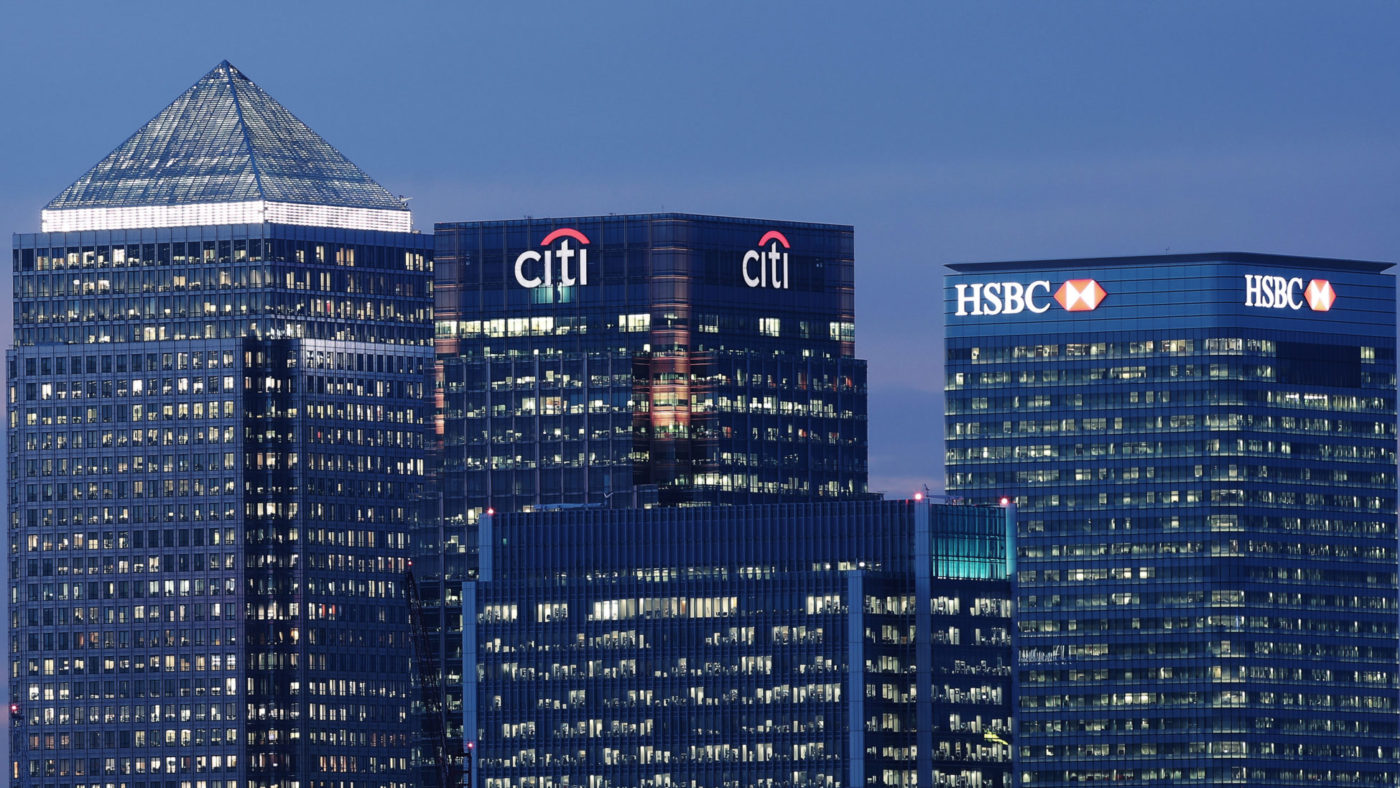This weekend marks the tenth anniversary of the bankruptcy of Lehman Brothers.
Though the financial crisis had already been underway for over a year, both in terms of the seizing up of credit and money markets and the wider economic impact, Lehman’s collapse was a pivotal moment. It prompted, among other things, state intervention and monetary easing on an unprecedented scale. Images of bankers with cardboard boxes leaving the firm’s office have become synonymous with the turmoil of 2008.
There are several reasons it’s worth considering how the public view global finance, and those who work in it, ten years on.
Firstly, it matters. A well-functioning financial system is a key part of any advanced economy, and a financial crisis is almost by definition a case of the system not functioning properly.
Secondly, while the CapX battle of ideas series (which returns next week) has looked at the public’s view of business and capitalism more broadly, it’s interesting to consider the financial services sector in its own right, given its crucial role in the British economy.
And thirdly, the crisis continues to be the subject of fierce debate both about its origins and its impact on the economy and society.
And, it has to be said, as someone that worked in the industry at the time, I have more than a passing interest how it and my former colleagues are now perceived.
The Number Cruncher polling was carried out in August, so well before any hint of news stories about the anniversary.
Firstly, we asked on our scale from ‘very positive’ to ‘very negative’, how people felt about the global financial services industry. Fifty-seven per cent said their opinion was either very negative (20 per cent) or somewhat negative (37 per cent). Only a quarter (24 per cent) had a positive opinion, within which a measly three per cent of eligible voters were very positive.
We then asked a question in the same format, but specifically in relation to bankers. This brought a lot of the 18 per cent who answered “don’t know” to the first question off the fence. Again, a quarter (25 per cent) have a positive view. But 65 per cent have a negative view, with only nine per cent answering don’t know.
Why the difference in between views of banking and views of bankers? It may be the effect of the word “banker” itself, given that the profession retains something of a bogeyman status. Or, perhaps it’s that people associate the term with financial markets rather than the financial services industry more broadly.
There were some interesting patterns in terms of who said what. Older people have arguably done well out of the exceptionally loose monetary policy and associated rises in asset prices over the last decade, while millennials arguably have not. Yet our poll found that 69 per cent of over-65s had a negative view of bankers, noticeably higher than the 51 per cent of under-35s. Likewise, homeowners were no less likely than renters to view the profession negatively.
Along party lines, things were more as expected. Labour voters were a bit likelier than Conservative voters to view bankers negatively (68 per cent compared with 60 per cent) and much likelier than Tories to be negative on finance (65 per cent compared with 47 per cent).
But perhaps the most interesting crosstab is by EU referendum vote. It’s been said many times, implicitly and explicitly, that the financial crisis has had a hand – some have suggested a significant one – in the political climate. Brexit, the election of Donald Trump and the rise of anti-politics across many democracies have all been attributed to the crash.
You might, then, expect a material difference between the attitudes of Remainers and Leavers. Yet there is none at all.
On bankers specifically, Remainers were 69 per cent negative, 26 per cent positive, while Leavers were 68 per cent negative, 25 per cent positive – both net 43 points negative. On global finance, Remainers were 62 per cent negative, 28 per cent positive, and Leavers were 56 negative, 25 per cent positive, or net negative 34 points and 31 points respectively
These findings don’t disprove a possible link between the crisis and political upsets years later – it’s far more complicated than who dislikes bankers more. But there is certainly nothing here to support that theory.
The same could be said of the government belt-tightening that followed the crisis and subsequent recession. Previous Number Cruncher polling on austerity found that Remainers were in fact slightly likelier than Leavers to think that cuts to services, both locally and nationally, had gone too far.
In any case, neither banking nor bankers are particularly popular. Ten years on, the public is strongly negative towards both.


